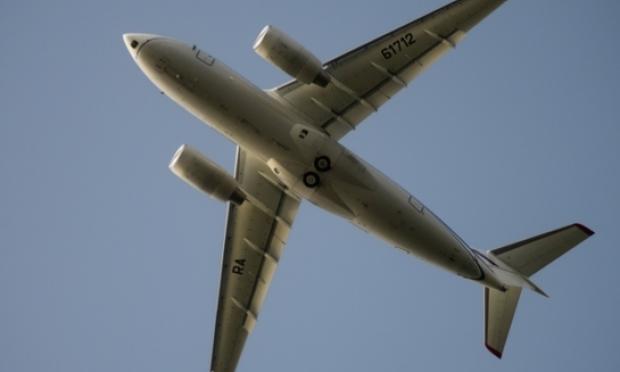A thriller is unfolding in the media between Moscow and Washington regarding the alleged flight of US official Steve Whitcoff to Moscow on February 11, 2025.
According to Flightradar, the aircraft of U.S. President Donald Trump's special envoy for the Middle East, Steve Whitcoff, landed in Moscow on February 11.
The aircraft departed from Washington.
However, the Kremlin, through its services, announced that it "is not aware of Whitcoff's arrival in Moscow and has no scheduled meetings with him," said Russian presidential spokesman Dmitry Peskov, commenting on these reports.
At the same time, Peskov himself noted that contacts with the United States have "intensified" concerning the fate of Ukraine.
A unique technical medical flight arrived in Moscow from Washington, announced the Russian Aviation Authority. "This is a common practice of humanitarian interaction between states," the ministry noted, responding to journalists' inquiries and media reports.
On February 11, Russian Deputy Foreign Minister Sergey Ryabkov met with U.S. Ambassador Lynne Tracy, according to the official spokeswoman for the ministry, Maria Zakharova.
The American president is in a serious dilemma, having come to power after three years of war in Ukraine, with Russia controlling a significant part of the country and almost all rare earth metal deposits being in Moscow's hands, which it will not relinquish to anyone.
"Where there's smoke, there's fire," as the saying goes. The Russians, secretive by nature, do not announce anything unless it serves their interests, as they always do in diplomatic missions.
Reliable sources indicate that the U.S. has a peace plan for Ukraine, likely being discussed behind closed doors with Russian officials before being presented at the upcoming Munich Security Conference between February 14 and 16.
This week, Trump stated that he hoped to reach an agreement with Kyiv, provided the Ukrainian authorities guarantee the supply of rare earth metals in exchange for economic and military aid from the United States.
Our assessment is that behind-the-scenes high-level consultations between the U.S. and Russia regarding the war in Ukraine—and beyond—are ongoing, with the two superpowers informally drafting a new "Yalta-type" agreement, dividing spheres of influence worldwide.
Ukraine, along with the EU, will only be invited to participate once Trump and Putin reach an agreement, merely to give the impression that they have a role in the process.



